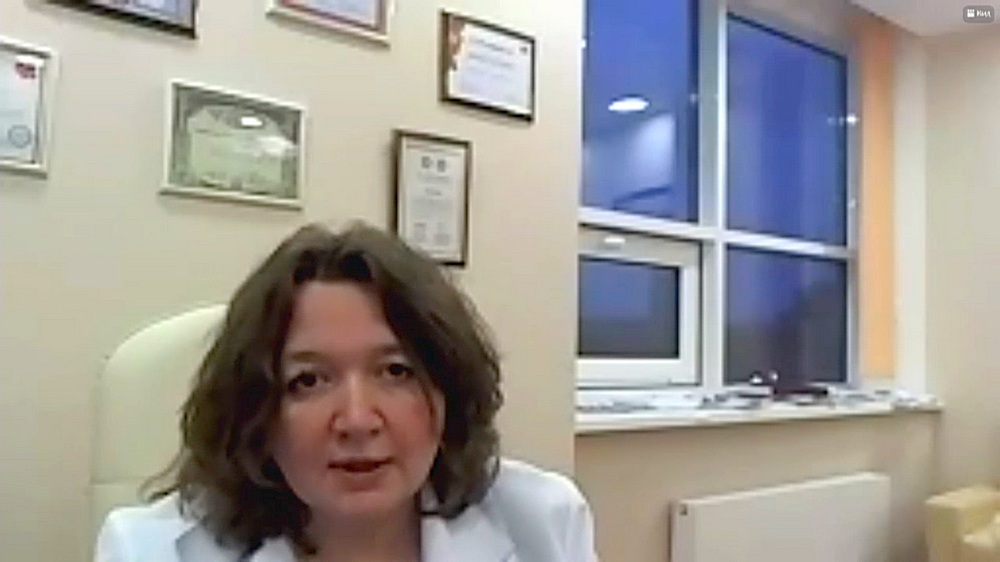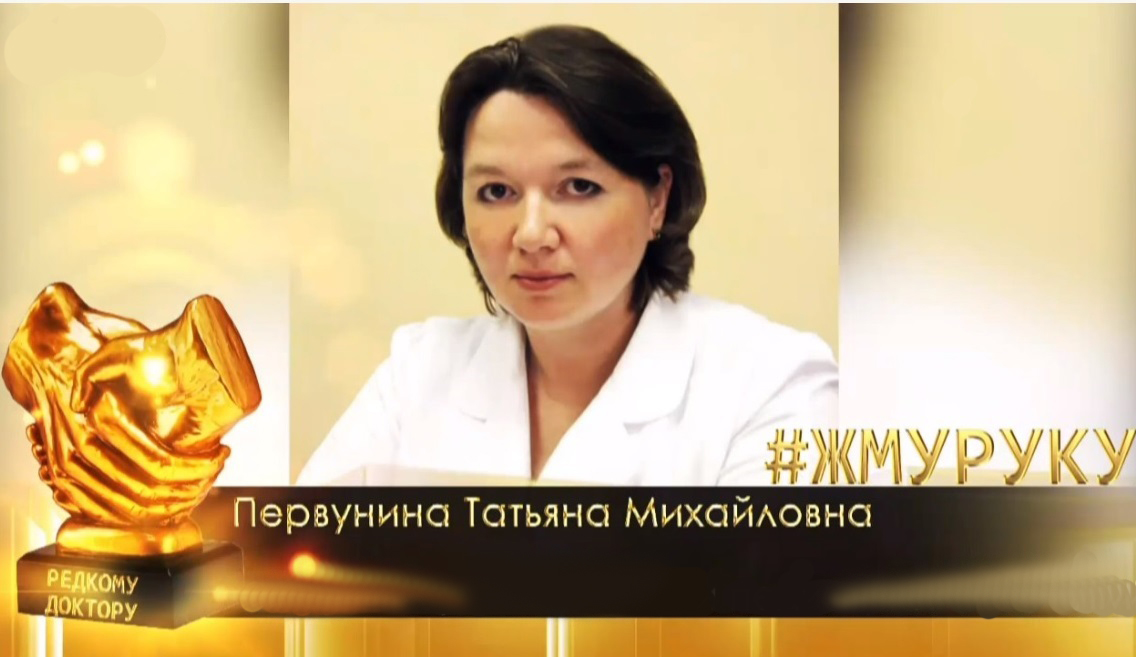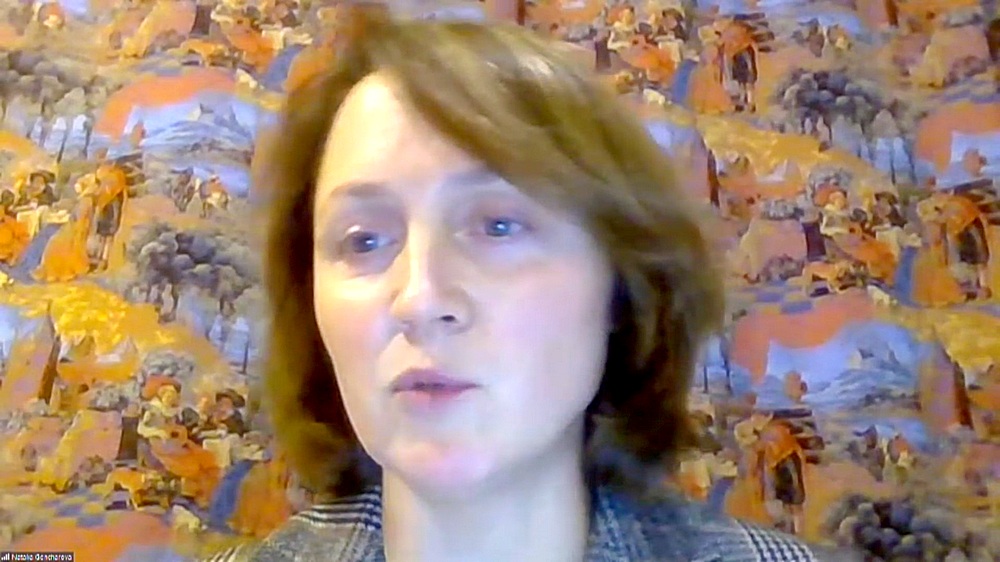The interregional colloquium Pandemic: New Opportunities for Rare Patients and Doctors was held as an online teleconference “St. Petersburg — Moscow – Russian Regions” on December 1 and 2, 2020. Doctors from Almazov Centre took part in the event.
The plenary session “What’s new in rare diseases. Pandemic and medical care to rare patients” featured the presentation by Tatyana Pervunina, Director of the Institute of Perinatology and Pediatrics of Almazov Centre.

Dr. Pervunina highlighted patient focus, the development of telemedicine technologies and drug supply control as priorities for providing care to patients with rare diseases.
During the online meeting, the organizers of the event – patient organizations «Dom Redkikh» and Centre for Patients’ Care “Genom” awarded Tatyana Pervunina with the handshake recognition sign #Жму Руку in the Rare Doctor nomination. The award was established on February 29, 2020 on the World Rare Disease Day to honor doctors for helping patients with orphan diseases.
 Senior Researcher of the Cardiomyopathy Research Laboratory of the Heart and Vessels Institute, Natalia Goncharova took part in the session “Telemedicine in the era of a pandemic. Answers to important questions: the possibilities of routine examinations, remote consultations and more. Experience of federal centres.”
Senior Researcher of the Cardiomyopathy Research Laboratory of the Heart and Vessels Institute, Natalia Goncharova took part in the session “Telemedicine in the era of a pandemic. Answers to important questions: the possibilities of routine examinations, remote consultations and more. Experience of federal centres.”

The presentation by Natalia Goncharova covered the issues of managing patients with pulmonary hypertension during the COVID-19 epidemic.
At the colloquium, the experts also discussed such topics as the problems of providing patients with drugs, the need to include certain conditions in the Regional List of Orphan Diseases, awareness of doctors and diagnostic issues. They reflected upon the pros and cons of creating a so-called “at-home hospital” for patients with rare diseases, drawing on the existing regional experience and considering the provision of medical care to patients through “palliative care at home” as a possible example.
Year 2020 in Russia has been marked by important political events and statements by top officials about the priority of public health care and the particular importance of regulation in the sphere of rare (orphan) diseases in order to improve access to treatment for rare patients.
